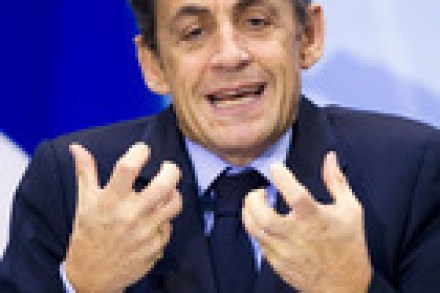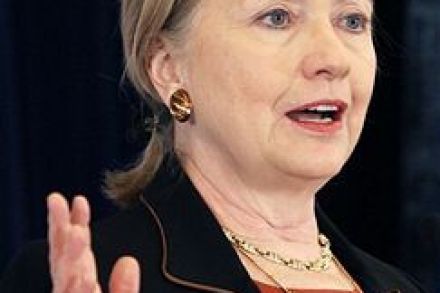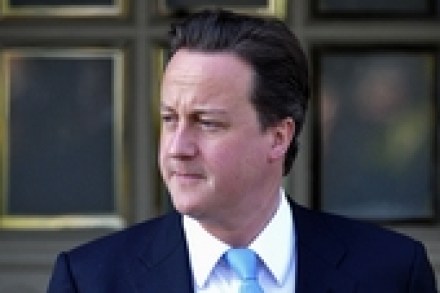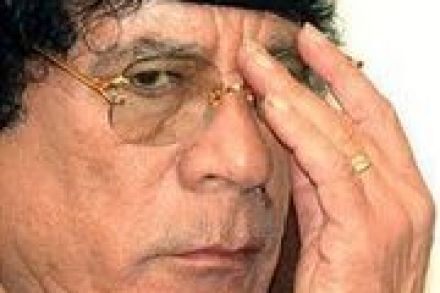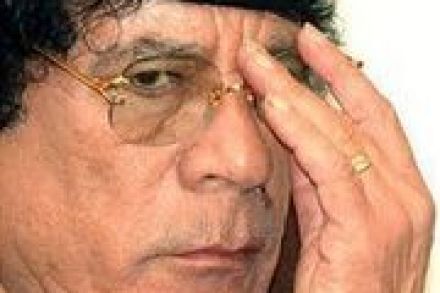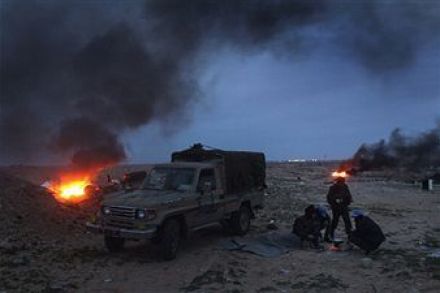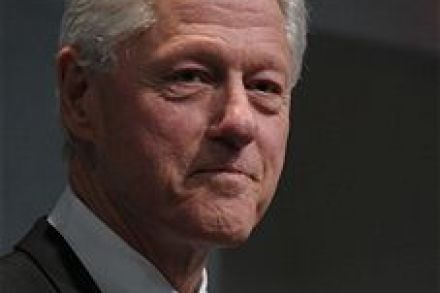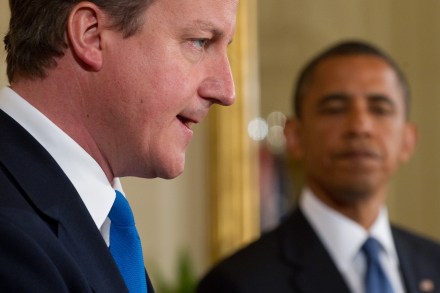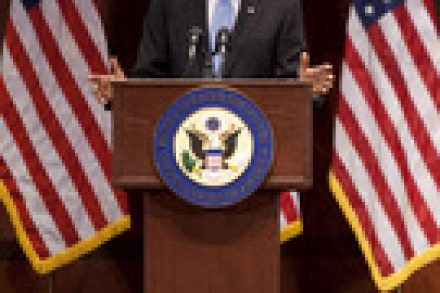Sarkozy’s game
I’m hearing more reports about the rather peculiar behaviour of Nicholas Sarkozy, and how he is playing the Libya campaign thus far. Obama wants to hand over leadership of this mission quick. He was never really into it, but the US Navy was overwhelmingly the best placed to do the first phase of the mission (ie, fire Tomahawks into 20 Libyan targets). The Tomahawk team constituted 11 US ships and submarines, plus one British submarine. Anything other than American leadership would have been a joke. Phase Two is to take out Gaddafi’s surface-to-air missiles as soon as he dares to move them. Obama wants to hand over the baton to
